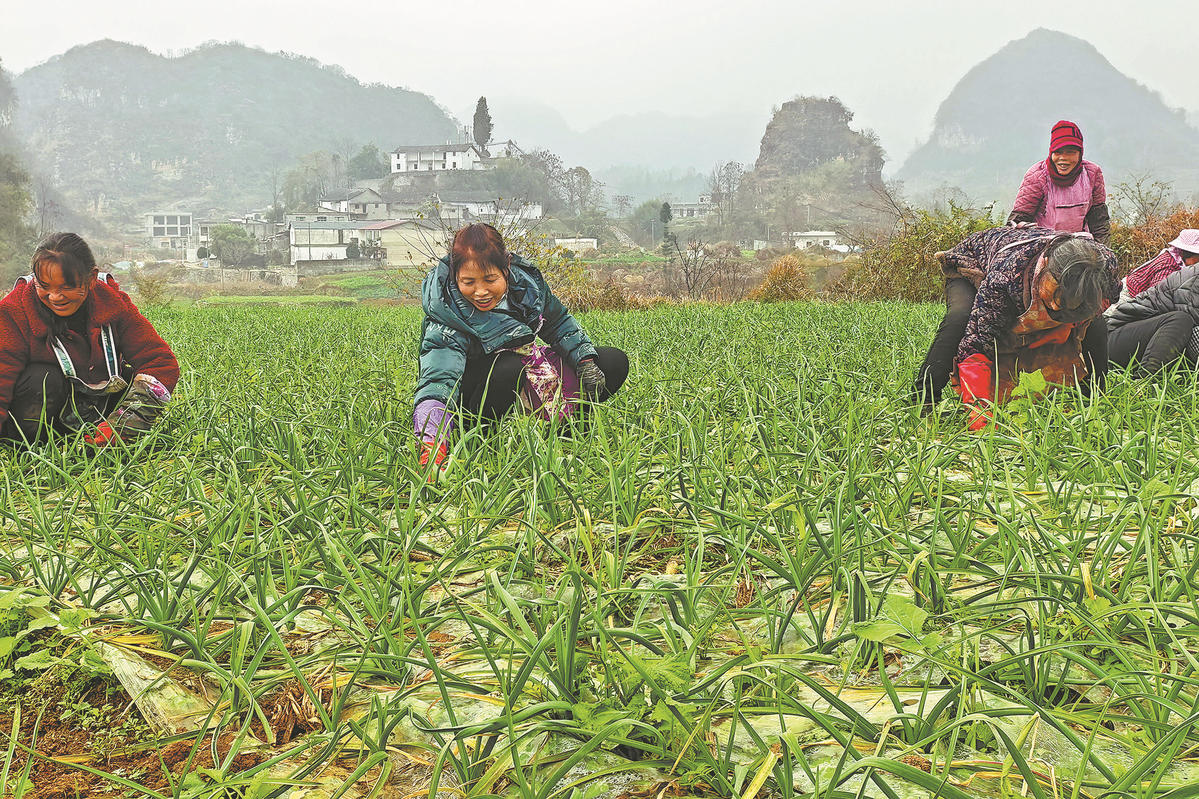Online shops lift Shandong farmers out of poverty


"Every villager, young or old, can find a job in the costume business and earn money," Ren said, adding that a grandmother in his village can usually earn 50 yuan a day by making knot buttons.
The e-commerce boom has encouraged many young people working in cities to return to rural areas and launch startups.
Li Tong, who was born in the 1990s, returned to his hometown of Sunlaojia in Caoxian county in 2017 and opened an online store selling Chinese knots.
"For me, e-commerce technology and ideas are not problems, funding and making Chinese knots are," said Li.
"The good things are that the local government provided me with subsidies for building workshops and I can apply for loans specially designed for developing e-commerce," Li said.
"Now my enterprise can produce about 500,000 Chinese knots, generating sales of 3.5 million yuan," said Li.
Alibaba has set up a cross-border e-commerce base in Caoxian county supporting sales of local food. According to the government of Caoxian county, the sales volume of asparagus from the county accounts for two-thirds of the country's total.
E-commerce has proved to be an efficient tool for poverty-alleviation and revitalization of rural areas in Heze, said Lan Tao of the e-commerce office of Caoxian county.
A total of 12 villages have been lifted out of poverty through development into Taobao villages in Caoxian county, which has the biggest population in Heze.
Statistics show e-commerce deals maintained a year-on-year increase of more than 40 percent during the first seven months in Heze, reaching 227.2 billion yuan.
- Anhui Korrun's Ninetygo set to diversify luggage products as wanderlust rises
- SF expands retail footprint with Benlai investment
- Mobile payments finding increasing acceptance with smaller enterprises
- Time to eat, drink, read, buy and take pix
- Online fresh food platforms make hay as convenience shopping demand soars



































